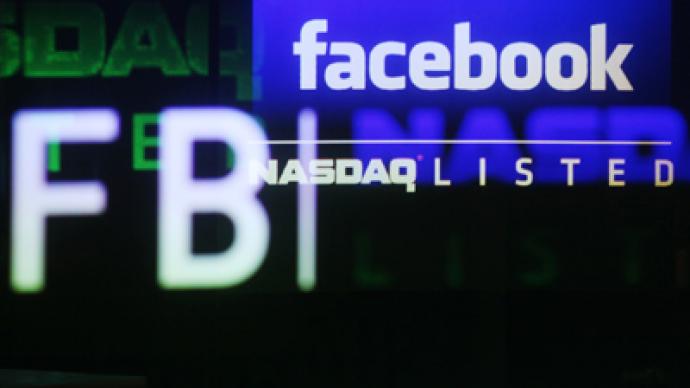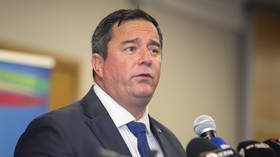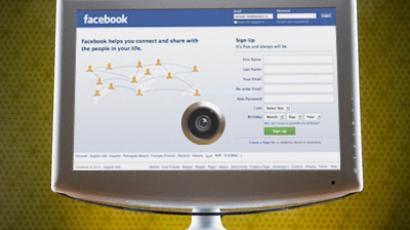Facebook faces US $15 billion lawsuit

Tracking users after they log out and violating US wiretapping laws – these are the allegations behind a 15-billion-dollar nationwide class-action lawsuit filed against Facebook in California.
The suit, combining 21 cases of alleged privacy violations by the social networking giant, was filed on Friday in the Federal Court in San Jose, Emil Protalinski writes on ZDNet.com. In their consolidated complaint, the plaintiffs claim that Facebook used cookies to track them across the Internet.And yet, where does the staggering sum of the lawsuit come from? Violation of the Federal Wiretap Act provides suggests compensation of US $100 per day per user for every case of violation, up to a maximum of US $10,000 per user. The accusations also fall under the Computer Fraud and Abuse act, the Stored Communications Act, as well as various California Statutes and California common law.“This is not just a damages action, but a groundbreaking digital-privacy rights case that could have wide and significant legal and business implications,” said David Straite, a partner at Stewarts Law. The firm is one of the plaintiffs leading the claim.Accusations that Facebook used cookies to track its users even after they log out are countless. However, all such claims have been turned down so far on the grounds that cookies are simply not legally considered to be wiretaps. Proving damage is also a challenge here.In September, the Data Protection Commissioner (DPC) in Ireland, where Facebook has its international headquarters, agreed to conduct a privacy audit of the network’s activities. Interestingly enough, and thankfully for Facebook, the three-month audit concluded that the company makes “innovative use of cookies to identify unusual or suspicious activity” on an account.As for now, Facebook insists "this complaint is without merit" and prepares to "fight it vigorously" – PCWorld quotes Andrew Noyes, the network's manager of public policy communications.














